Goa, located on the west coast of India, is known for its pristine beaches, vibrant culture, and, above all, unique culinary scene. The flavors that characterize Portuguese Goan cuisine have grabbed the attention of culinary enthusiasts around the globe by offering a mouthwatering mixture of European and Indian tastes. This article explores the interesting history and the lasting impact of Portuguese food traditions on Goan cuisine.

Brief History: Portugal’s Culinary Impact in Goa
It was in 1510 that Portuguese explorer Afonso de Albuquerque conquered Goa, marking the beginning of a colonial period that would last for over four centuries and fifty years. During this long period of Portuguese domination, they left an indelible mark on Goan culture through their foods,, particularly in local cuisine. Such colonial food influences altered indigenous cooking practices, thereby introducing new ingredients, methods, and tastes for Goans that would remain a part of their gastronomy forever.
Key Ingredients: The Portuguese Pantry Meets Goan Spices
Some ingredients that were hitherto unknown in Goa came into existence when Portuguese fusion with Goan cuisine took place:
- Chili Peppers: Shockingly, spicy chilies were not originally from India but were brought from South America by the Portuguese.
- Potatoes: The potato, which is now commonplace, was introduced into Goa through trade with the Portuguese.
- Tomatoes: This fruit from the Americas became a staple in everyday Goan cooking.
- Cashews: Cashew nuts brought from Brazil thrived well in Goa and became very popular among the locals.
- Vinegar: A vinegar-based cooking technique that characterizes many Goans recipes was introduced by the Portuguese to this region.
These ingredients met with indigenous spices and cooking techniques to form a distinct culinary quilt that separates Goan food from other Indian regional cuisines.
Iconic Goan Dishes with Portuguese Roots
Several favorite Goan dishes are linked to the Portuguese:
- Vindaloo: It was derived from “carne de vinha deals” (meat marinated in wine and garlic), which is a Portuguese dish and stands among the most known examples of Portuguese Goan cuisine
- Sorpotel: A spicy pork dish that displays the love of organs by acquiring it back home
- Bebinca: Dessert in layers that merge local ingredients like coconut milk with eggs based on sweet tastes typical for Portugal.
- Feijoada: Meaty bean stew, spiced up using local masalas and ingredients
- Pão – The everyday bread consumed in Goa using traditional baking techniques derived from Portugal.
These dishes demonstrate how colonial food influences shaped Goan cuisine, producing flavors that are neither completely Indian nor entirely Portuguese but uniquely Goan.
Cooking Techniques: A Fusion of Two Cultures
Goan cuisine was revolutionized by various Portuguese cooking techniques:
- Baking: Baking bread and pastries in ovens is a concept borrowed from Portugal.
- Pickling and Preservation: The use of vinegar to preserve meats and vegetables was a practice that came from the Portuguese.
- Roasting: Roasting large cuts of meat became more popular under Portuguese influence.
These methods, along with Indian traditional cooking styles, have made Goa’s culinary tradition very diverse and rich.
The Legacy Continues: Modern Goan Cuisine

Even today, Goan food reflects strong influences of Portuguese cuisine. Many households and restaurants in Goa still prepare these dishes, which developed out of this historical amalgamation. This persistent legacy is also evident in the spice mix, application of vinegar, pork prominence, and seafood culture associated with Goans.
Moreover, modern chefs both within and outside Goa are redefining these age-old recipes to make new dishes that are still based on their Portuguese-Goan heritage but suited for contemporary tastes.
Beyond Food: The Cultural Impact
Portuguese cuisine has a greater influence than just food. For instance, it has influenced Goan drinking culture through feni, a spirit distilled from cashew fruit or coconut palm sap. Grapes cultivation by the Portuguese in India laid the foundation for the Indian wine industry.
Additionally, Goa’s unique food culture is built on a mix of culinary traditions that draw from its Indian origins and Portuguese influences. This culinary tradition has become part of Goan identity and attracts tourists who want an authentic taste of local dishes.
Preservation and Evolution
As Goa develops further and becomes more globalized, there are attempts to maintain traditional Portuguese Goan cooking while allowing it to progress. Food festivals, cookbooks, and cultural events honor this special gastronomic heritage so that generations to come can continue to experience and improve upon these adored tastes.

Conclusion
The narrative of Portuguese Goan cuisine is a tribute to the influence of intercultural communication and the lastingness of cooking styles. It remains one of a kind due to the blending together of different ingredients and new cooking techniques that the Portuguese introduced into this tradition. A vindaloo with its spicy-sour flavor or bebinca with its layers of sweetness represents more than just food; they are centuries-old stories about cultural cross-pollination, culinary progress, and traditional indigenous cuisines that define Portuguese Goan cuisine as exceptional.
Also Read- 7 Must-Try Goan Seafood Delicacies for Indian Food Enthusiasts

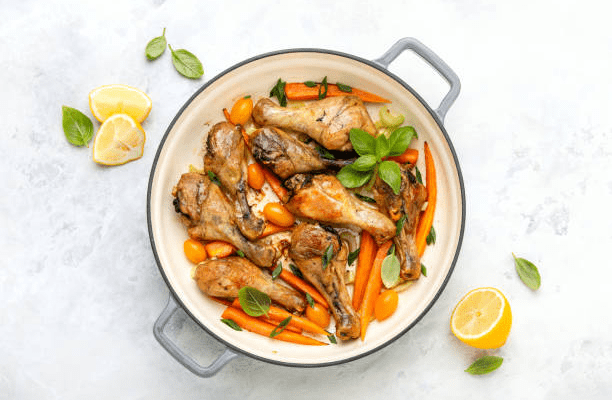


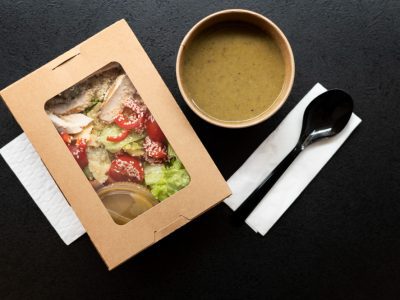

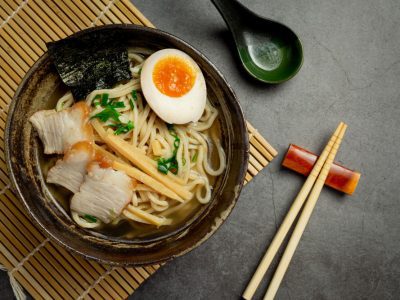
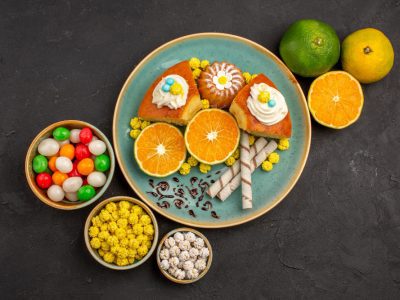




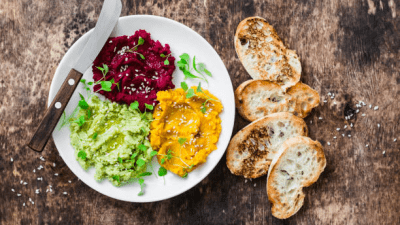
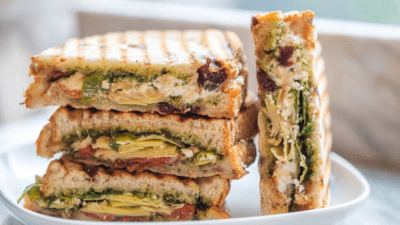

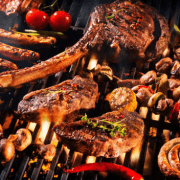
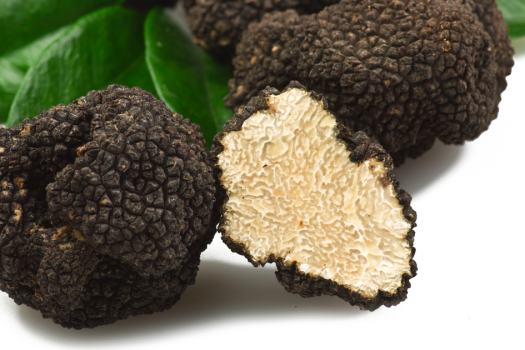

[…] https://hogr.app/blog/the-delicious-legacy-portuguese-goan-cuisine/ […]